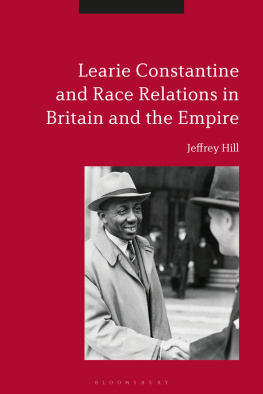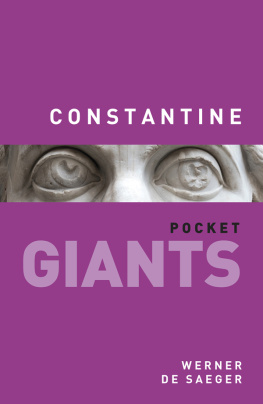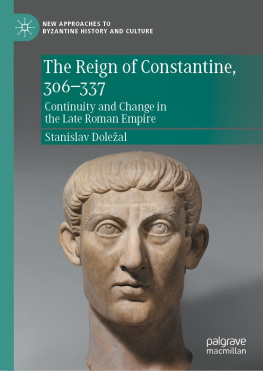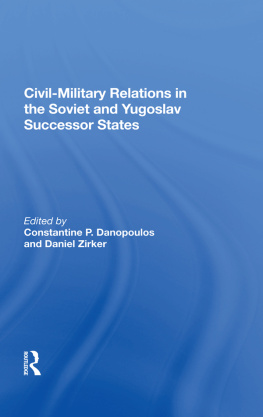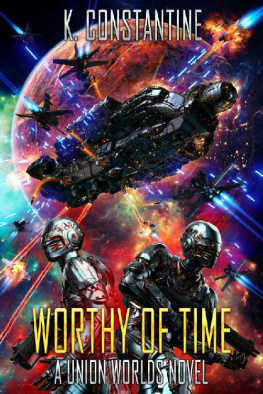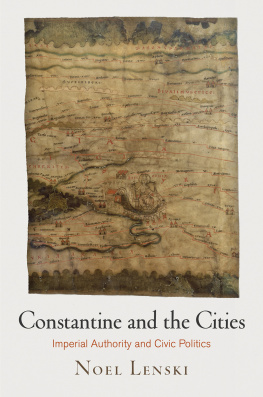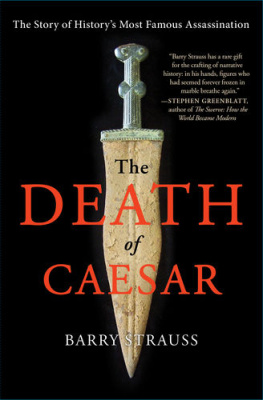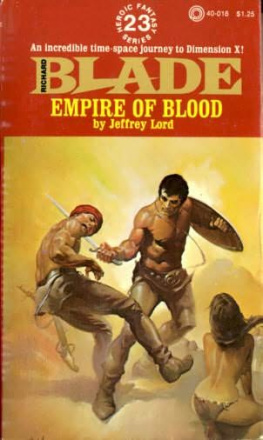As with everything I have ever written, little could have been accomplished without someone elses help. For this project, then, my special thanks are owed to the archivists and librarians of the following organizations for granting me access to material in their keeping:
National Library and Information System (NALIS) Port of Spain, Trinidad, with special thanks to librarians Donna Hall-Commissiong, Jasmin Simmons, Elizabeth Sorzano, Marguerite Anne Moore and all at the Heritage Library
British Library, London
Institute of Commonwealth Studies, Senate House, London
Manuscripts and Rare Book Library, Columbia University, New York
BBC Written Archives, Caversham Park, Reading
National Archives, Kew, London
Church of England Archives, Lambeth Palace, London
MCC Archives, Lords Cricket Ground, London
Cadbury Research Library, Birmingham University
Nelson Cricket Club
Borough of Lambeth Archives, London
I am grateful to Learie Constantines daughter, Mrs Gloria Valere, for allowing me to use photographic images from the Lord Constantine Collection at NALIS, and for very kindly taking the time to talk to me about her father on 23 September 2016; to the Evening Standard for permission to include the cartoon Imperial Welcome by David Low; to the National Portrait Gallery, London, for permission to use the portrait of Constantine by Godfrey Argent; and to the BBC for allowing me to quote from material in its Written Archives. Some material in Chapter 4 previously appeared in Connie Local Hero, National Icon: Cricket, Race and Politics in the Life of Learie Constantine, Sports Historian, 22 (i), 2002, 7099; I am grateful to Professor Dave Day, editor-in-chief of Sport in History, for giving permission for me to draw upon it.
For their advice and inspiration, I owe a deep gratitude to Jack Williams, John Bale, Richard Holt and Neil Carter; as I do also to Beatriz Lopez of Bloomsbury Academic for her help in steering the book through publication, and to the publishers two anonymous reviewers for their very helpful comments on my manuscript.
Mary has put up with my absences, and the expense of them, involved in all those research visits; and, together with Katharine, Tim and Richard, has cast a benevolent eye and a calming influence over the whole process.
It was my father who first introduced me to Learie Constantine not in the flesh, that is, but through some of the many stories that did the rounds in Lancashire seventy and more years ago. He had watched Connie at Seedhill in the 1930s and had himself played a few games for Nelson in the early years of the 193945 War. I recall his showing me a wristwatch he had bought himself from the proceeds of a collection for taking three catches from fierce drives in a Lancashire League match. One of them might have dismissed Winston Place, but my Dad was something of a romancer, so it might not. By this time Constantine had left Nelson Cricket Club, and the cricketer who my father most admired was not Constantine but his successor at Nelson, Lala Amarnath. Lala was a fine player, and a bit of a rebel who had fallen foul of his teams management during the Indians tour of England in 1936. But he never acquired the legendary status of Constantine. No one did. Connie had after all been at Nelson for nine seasons. He was an institution in the League. Like all cricket geniuses he was fallible. He could disappoint, but there were times he did things nobody else could match. Though a fearsome fast bowler and a punishing hitter as a batsman, Constantine was best remembered for his skills as a fielder. In his youth, in the Caribbean of the mid-1920s, he had reached heights at cover point that were scaled in later years only by such marvels in that position as Colin Bland, Clive Lloyd and Derek Randall. He was that good electric heels they called him in his early days at Nelson. By his mid-thirties his preference was for close fielding. His shrewd anticipation and lightning hand-eye reflexes were responsible for some extraordinary catches and run outs. It was around this particular attribute that the Constantine stories were fashioned. The basic one is that Constantine would catch a ball close to the wicket when everyone else on the ground, players and spectators alike, were looking to the boundary to see where the ball had crossed the rope: but all the time it was in Constantines pocket, from which after a brief hiatus he would produce it, as the conjurer produces the rabbit from a hat.
For the first five or six years of my life, my family lived no more than a short bus ride from Constantines house in Nelson. He kept his home there until 1949, when he moved to London. At that point my contact with him became distant. His book Colour Bar was too serious for me in 1954, though I was aware of it. Just before this, he had appeared on the television as the subject of This Is Your Life, a show that upset Nelsonians by giving too little attention to Constantines association with the town. The neglect seemed wrong. For many, Nelson was Constantine, just as Constantine owed so much personally to the town. He died in 1971, but that was not the end of his story. For me it continued when I started doing research on the politics and popular culture of north-west England; Constantine kept cropping up in one guise or another in my reading. Some people suggested that I might write about him, and I did produce various bits and pieces; but there was a fine biography by Gerald Howat that came out in the mid-1970s, and later on an equally good one by Peter Mason, and these seemed to say most that needed to be said. But, perhaps, not quite all. There was a mass of detail in various archives that had not yet been quarried. Much of it related to Constantines non-cricketing life. It told not just of the man but of the circumstances in which he lived; of Constantine as a marker of historical change, especially in matters of race. It seemed worth a shot.
This is a book about what was arguably the foremost social problem of the twentieth century, and which continues to challenge twenty-first-century minds: race and race relations. The focus of the book falls upon a man whose entire life was shaped by race, and who, in part because of his championing of race equality, achieved an eminence that few men or women of colour were able to experience during his time in history.
Learie Nicholas Constantine was born in colonial Trinidad in 1901.
I
From the late 1940s onwards the migration of black people to Britain exercised what was probably the most profound effect on British identity of the later twentieth century. Those West Indians who arrived in the mother country just after the Second World War did not see themselves as migrants; they were simply British subjects, switching from one imperial territory to another. As the Trinidadian writer and broadcaster Trevor McDonald has pointed out, going to England was seen as going to the centre.
Learie Constantine was present at the birth of this enterprise. Relatively little attention had been directed in the past to scrutinizing the black communities. The perceived problems posed by the immigrant had been focused chiefly on Its appearance was doubly remarkable. It was exceptional not only in its authorship a former professional cricketer, and a black one at that, but also in making a statement, in a direct and readable form, about race problems in Britain and other parts of the world. Constantine did not hold back. Though the book had many failings, it did not shrink from delivering some harsh criticisms of contemporary attitudes and practices on race prejudice and discrimination. Unlike the academic studies of race that appeared around this time,


